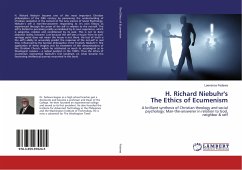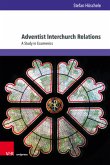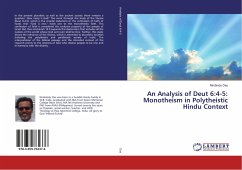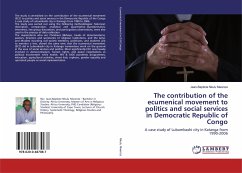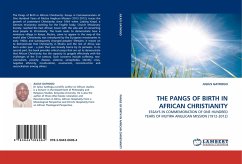H. Richard Niebuhr became one of the most important Christian philosophers of the 20th century by pioneering the understanding of Christian revelation in the context of the new science of Social Psychology. Niebuhr's self is man-the-answerer responding to it's own history as experienced through the prism of the self in relation to the not-self. The self is limited to perceiving reality as mediated by its own experience, which is subjective, relative and conditioned by its past. This is not to deny objective reality, however. Just because the self sees a house from its own vantage point does not mean the house is not there. His test of truth is the self's ability to accurately predict the response of the not-self in real time. Influenced by the German philosopher, Ernst Troelsch, Niebuhr's' first application of these insights was his treatment of the denominations of the Christian Church, which he attributed as much to sociological as to theological reasons -- a radical position in the 1930's. Thus the ethics of ecumenism represented Niebuhr's first landmark on what became the fascinating intellectual journey recounted in this book.
Bitte wählen Sie Ihr Anliegen aus.
Rechnungen
Retourenschein anfordern
Bestellstatus
Storno

